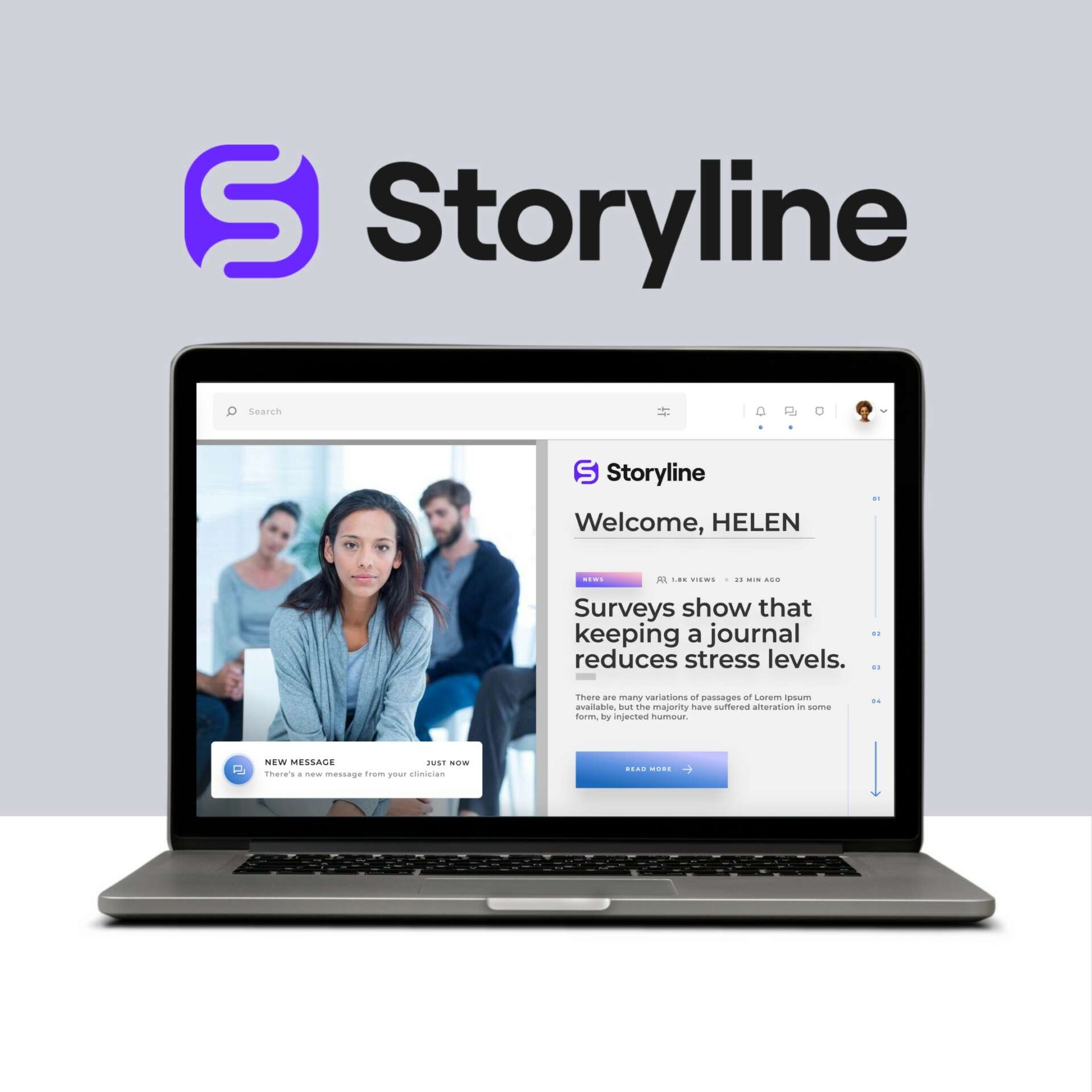We caught up with the brilliant and insightful Barrett Merrill a few weeks ago and have shared our conversation below.
Barrett, thanks for joining us, excited to have you contributing your stories and insights. Let’s kick things off with your mission – what is it and what’s the story behind why it’s your mission?
My wife and I have been married for a little over 4 years. Her background is in psychology and working with children, and soon after our wedding she not only decided to go back to graduate school for her masters in clinical mental health, but she also challenged me to start seeing a therapist (probably one of the most loving things a person can encourage their spouse to do!). I jumped into the process – at points begrudgingly – but knew that if I was going to “do” therapy, I was going to be all in. I didn’t want it to simply be a weekly 1hr session, I wanted the contents of that session to permeate my daily life.
But as someone who is generally technical and has worked for a SaaS company in the past, I noticed several of the digital limitations when it came to my experience of therapy. I was downloading multiple different consumer apps, bringing home paper worksheets each week, and logging a core memories list into a spreadsheet, not to mention communicating via phone call, text, and email. It was an incredibly decentralized process, and even when I managed to do the work, none of what I logged made it back to my therapist because none of these mediums were HIPAA compliant or capturing my data.
In doing some high-level research, I started to realize that there’s a direct correlation between client’s compliance to a homework or activity plan each week and their overall successfulness in therapy. Unfortunately, what was missing was a platform that housed these activities.
So for the last 1.5 years, my team and I have set out on a mission to digitize and centralize the therapy tools and exercises experience to both drive client outcomes as well as increase the efficiency of therapists.
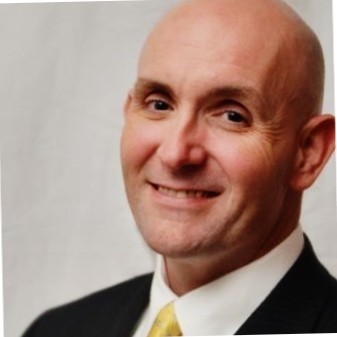
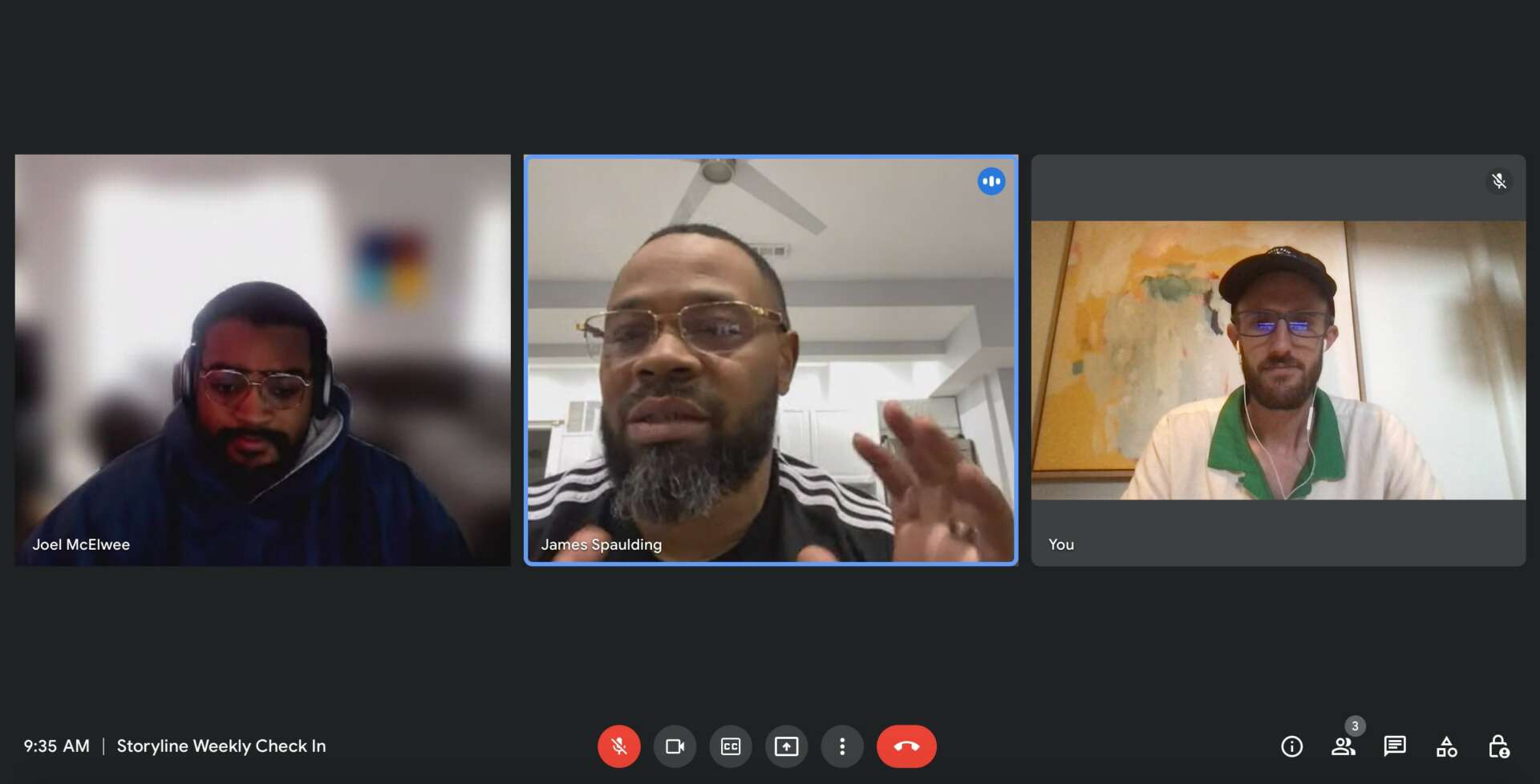
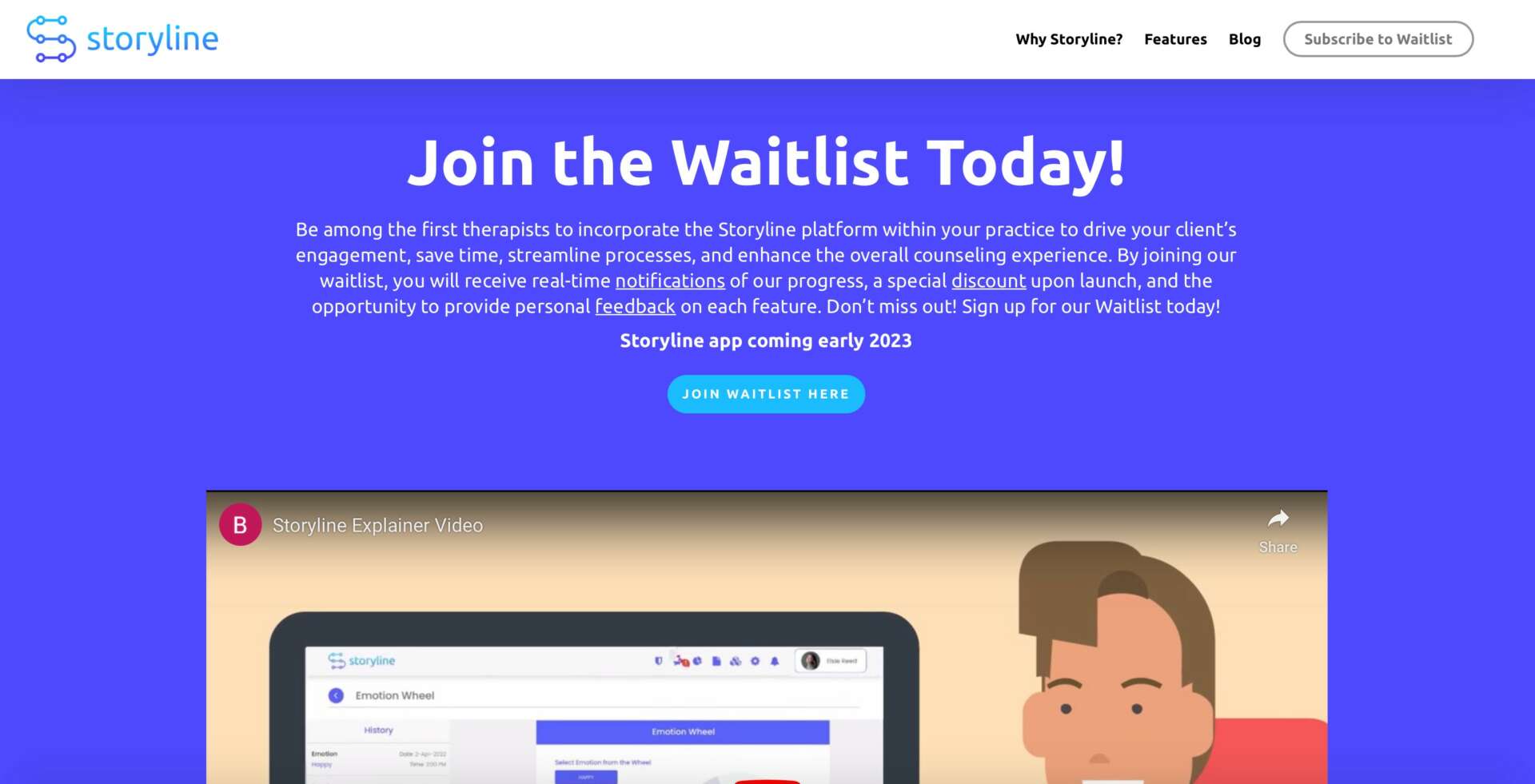
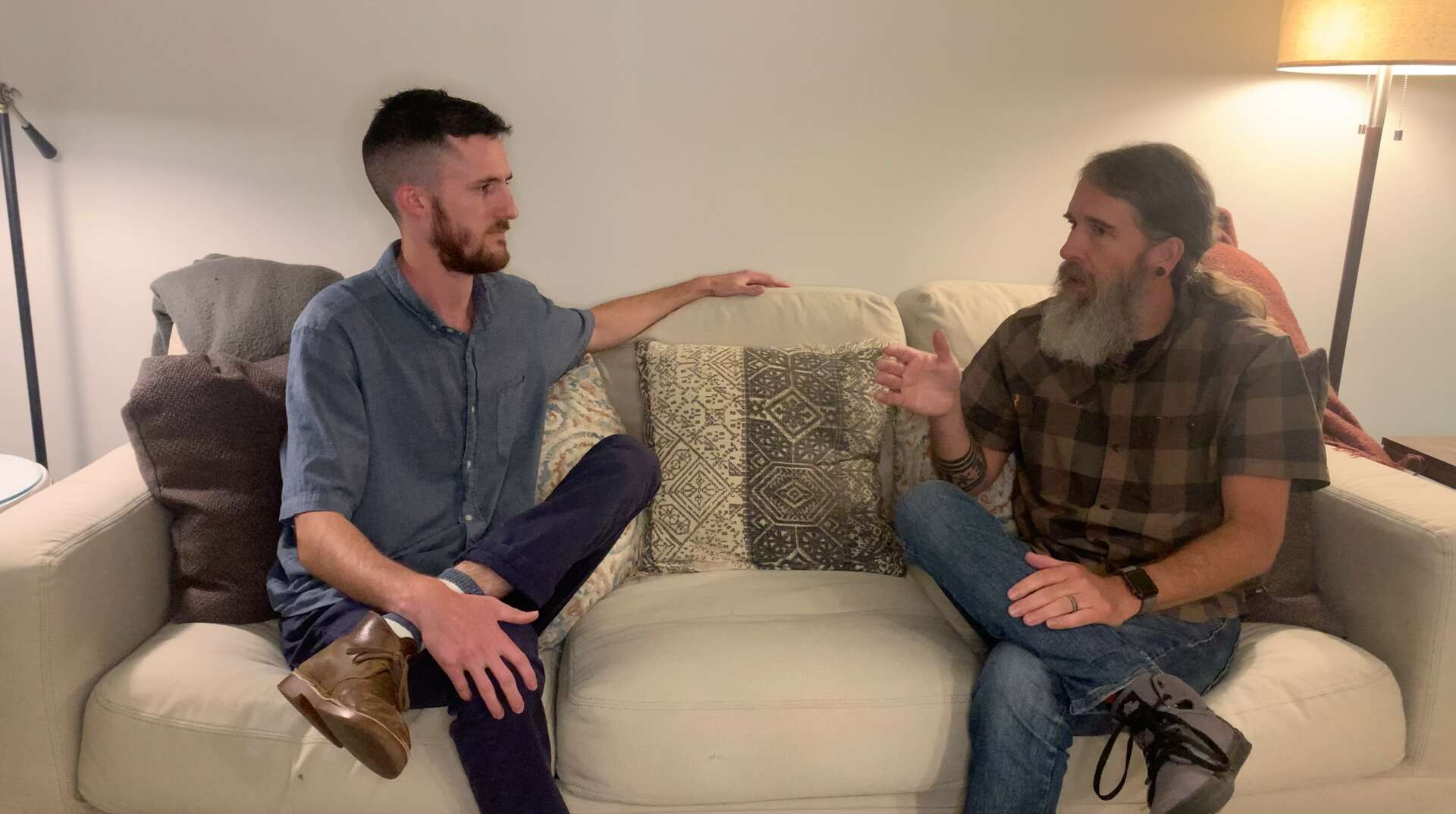
As always, we appreciate you sharing your insights and we’ve got a few more questions for you, but before we get to all of that can you take a minute to introduce yourself and give our readers some of your back background and context?
A lot of my background in starting Storyline is primarily rooted in my answer to the first question about the story of our mission. In addition to my response, over the last 4-5 years, I’ve become a bit of a mental health enthusiast, starting with reading a lot of the trending psychology books out there (authors like Bessel van der Kolk, Brené Brown, Dan Siegel, Resmaa Menakem, Thomas Insel, and others), and continuing to explore some of the biggest identified needs in the field.
Because I’m not clinically trained, I made it a priority to go above and beyond on my customer discovery to ensure that our team’s understanding of how to meet this need was matched with the honest feedback and support of licensed counselors and therapists. After having met with 150+ clinicians (mostly in one-on-one settings), I feel more confident than ever that what we’re building is a modern and engaging expression of timeless, evidence-based mental health practices.
Additionally, at the beginning of 2022, I had the privilege of being a part of What If Venture’s international mental health startup fellowship, having the opportunity to meet and learn from many of the field’s leading minds, gaining deeper insights into the broader mental healthcare industry.
These are only a few examples of what I believe are formative building blocks to our culture that is centered on relationship, innovation, and excellence. On a weekly basis, we hear therapists say things like, “I’ve never seen anything like this before,” “this will save me so much time,” and “this will be a game-changer for my clients.” Even this morning, I was speaking to one of our beta therapists and she said, “This may be a bit over the top, but I can’t help but think this is going to be a revolutionary tool for therapists, and I’m thankful I get to be a part of it at the beginning!”
It’s comments like these that we are most proud of and that we want people to know about our company and brand – that it’s therapist-driven and client-centered.
Lastly, I can’t help but add that I’ve been privileged to work with an amazing team. There are four of us now, and without their expertise in health technology, software, UX/UI, digital marketing, and GTM strategy, Storyline would never be where it is today. Startups are only as good as the people who find it as worthwhile to buy in and commit to as you do, and the sacrifices each of these team members have made in these early stages is both sobering and affirming.
Learning and unlearning are both critical parts of growth – can you share a story of a time when you had to unlearn a lesson?
I have a few founder friends who (in the earliest days) continued to drive in me the “hustle at all costs” and “founders have to be the best problem solvers” mindset, and while I think there are aspects of both statements that hold some level of truth (and perhaps there’s also a leadership style undercurrent to both of them), I’ve found that there are alternatives to both that seem less commonly talked about that have been more beneficial to me. (It’s also worth noting that several of these individuals regularly seem stressed, anxious, and attempting to one-up those around them for attention, which was clearly antithetical to the kind of culture I wanted for myself and my company, particularly going into the mental health industry).
For the prior statement, I’ve sought to maintain healthy practices, rhythms and boundaries. Even with an 8-month old son and an ongoing treatment plan for personal autoimmune disease, I try to intentionally avoid default filler statements like “I’m busy” or “just trying to keep my head above water” unless they’re actually true, and when I notice statements like that have become recurring, I try to pause and reevaluate my short-term personal needs and company goals. What has this looked like practically? I’ve been in therapy almost the entire duration of building Storyline. I get 8 hours of sleep every night. I take occasional pauses during the day to take a few deep, focused breaths. Our family cooks healthy meals for each meal. I go on a walk with my family or play basketball for at least 30mins every day. I drink tons of water. I turn my phone off for at least an hour or two each day, usually when I’m transitioning from work to playing with my son before dinner. Many evenings, our family tries to make statements of gratitude or grief from the events/ stories of the day, as well as sing a song or two together (my wife plays guitar!). None of these practices are all that impressive, but I do think parts of “hustle culture” (or at least the stereotyped version of hustle culture) have made things like self-care and relationships in some way optional or secondary (which I would argue is not only unhealthy, but also counterproductive). And while we like to say truisms like “work smarter, not harder,” we often get stir crazy when we realize that smarter work sometimes requires stillness, reflection, breaks, evaluating priorities, and all the other small acts of self- and emotional-awareness that bring about a greater (even optimal) perspective.
To the second statement, while in ways I view myself as a decent problem solver, I’ve had a tendency to lack confidence in my ability to retain information and master a diversity of skills. Instead of trying to cover this up and figure things out on my own, I’ve found that naming my ignorance and finding someone smarter and more specialized than myself in a particular area has consistently been my greatest asset. (Most) people love helping people… for free… with no strings attached, if you just ask humbly, convey thankfulness, and operate with transparency. I may not be able to compete with the competency levels of many of the entrepreneurs out there, but I can jump on a 30min Zoom with a C-Suite industry expert for a live Q&A and save myself hours of less effective time searching for the answers to particular problems.
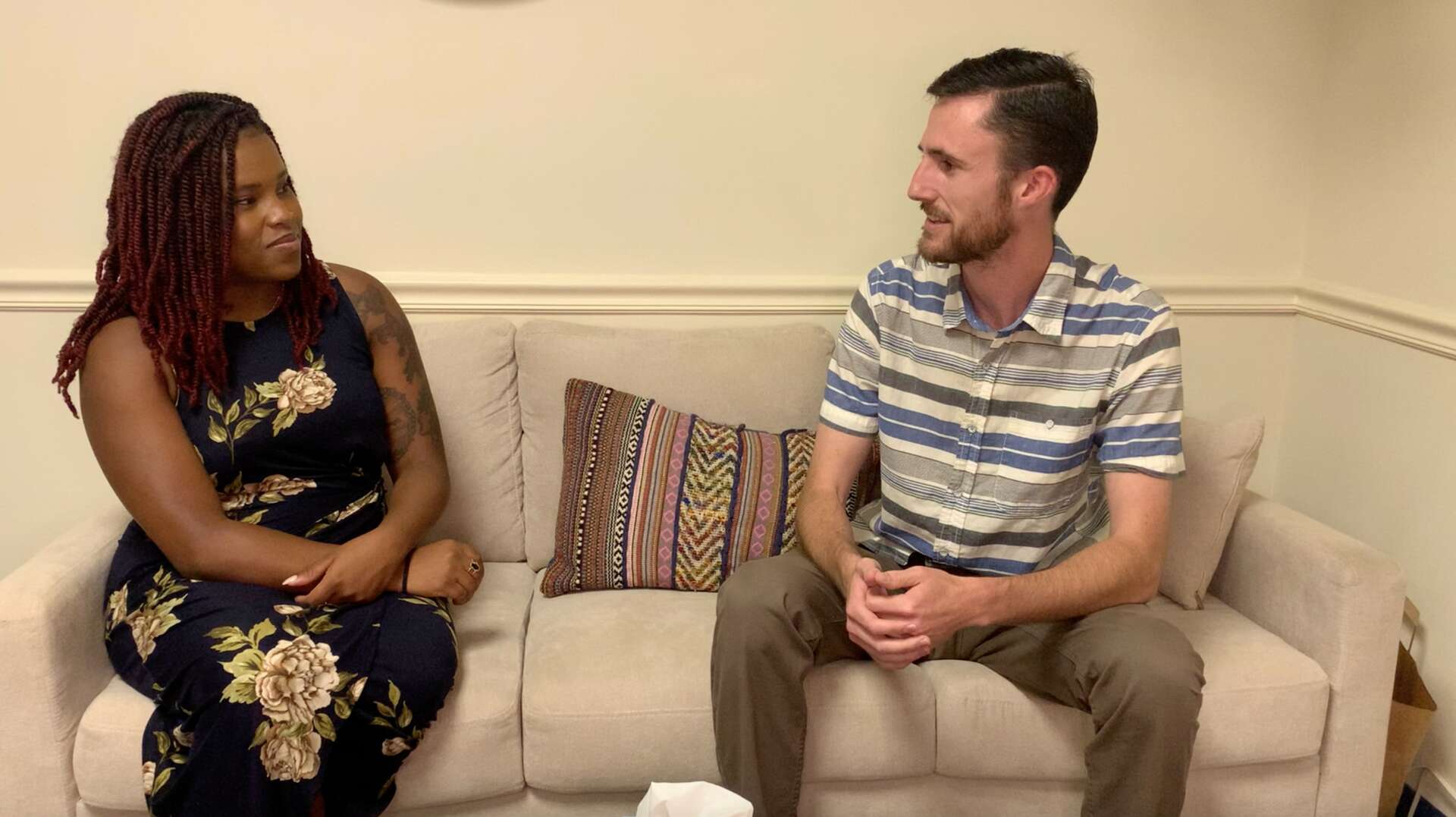
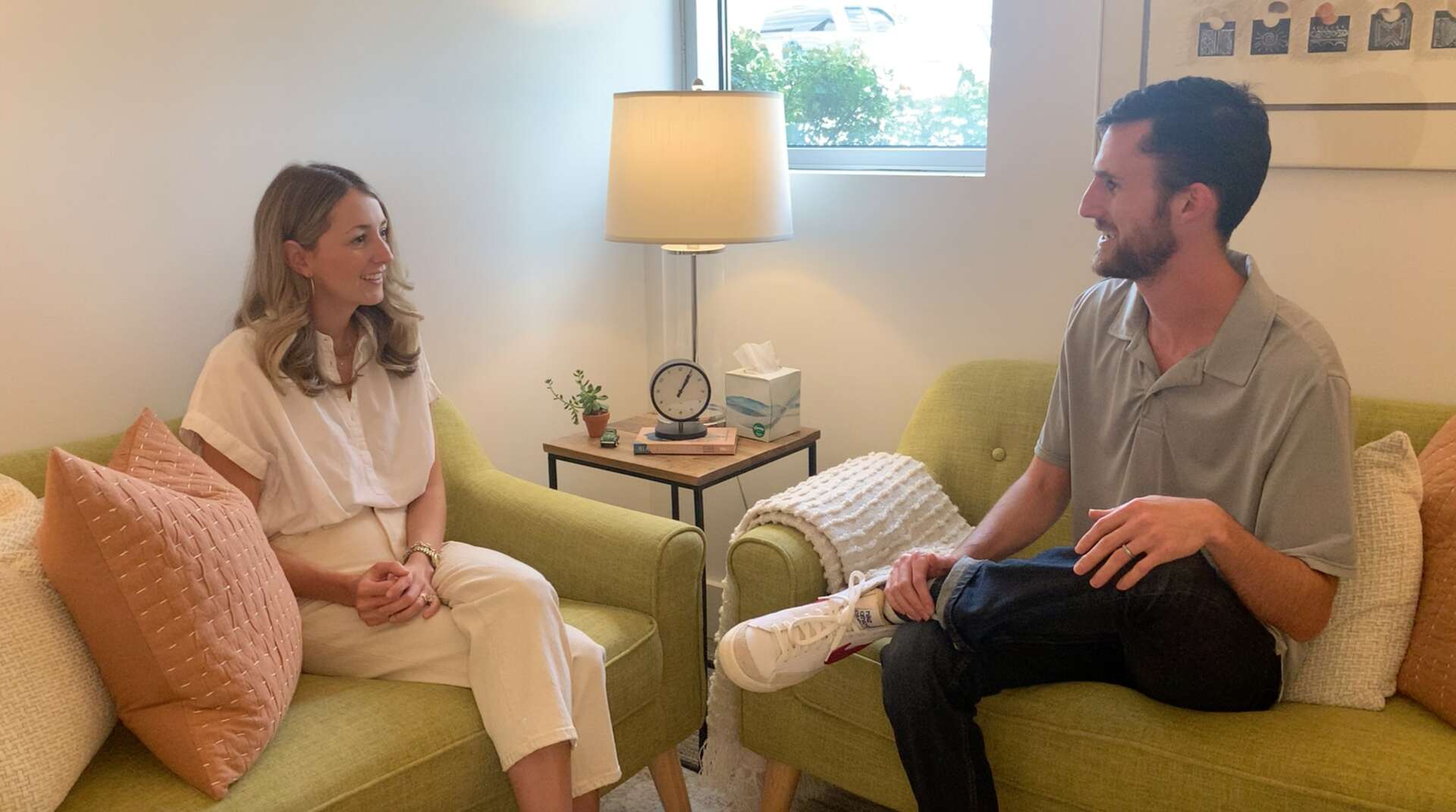
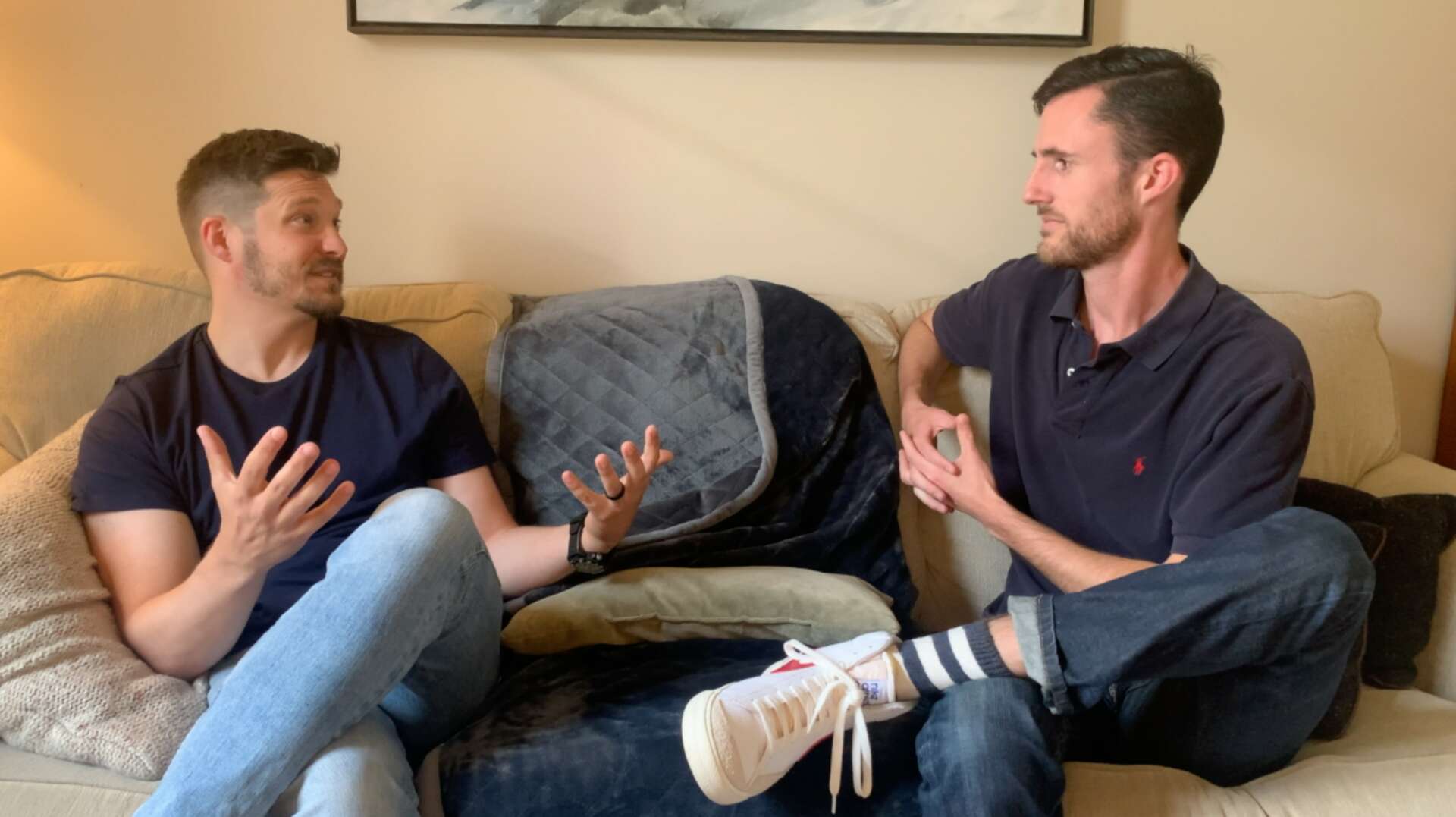
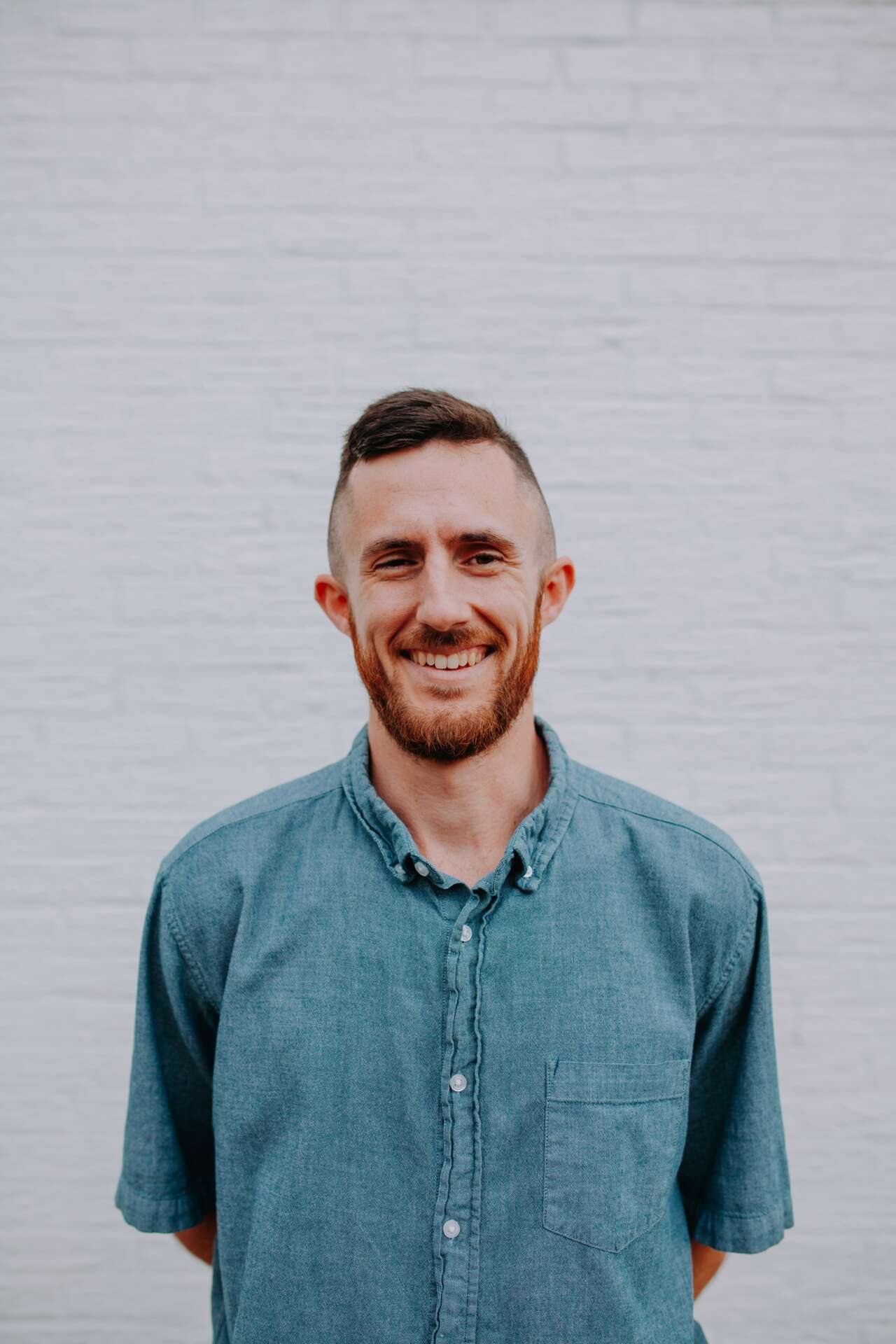
Can you tell us the story behind how you met your business partner?
Honestly, it was pretty wild. I had been looking for a technical cofounder for months while also pitching dozens of investors. I was having little traction with both, was down to just a couple thousand dollars (even skipped a couple paychecks), and was wondering if I needed to just give up. I was complaining to my wife and she reminded me that at the end of the day, I’m ultimately powerless to control some of these variables, we will figure things out if a shift needed to happen, but I just needed to go on a walk and pray. A couple days later, I was speaking with my father about a conference he had just gone to, and he mentioned having met someone there who said one of his friends – Kevin – had 20+ years of healthtech experience and might be willing to offer some advice over a short Zoom. My father, who hadn’t even met Kevin, set up a call for me. It was a good conversation with some helpful feedback, but I didn’t necessarily see it going anywhere. A few days later, Kevin called me out of the blue with a colleague of his on the other line. He told me he was going to turn it into a conference call, and he thought he found me my senior developer. Long-story short, it led into a 2hr call, his colleague started working with me 5 days later, and a week or two after that Kevin turned around and said he really believed in what we were doing and said he’d love to jump onto the team too as my cofounder and industry expert. Since then, we’ve added one more person to our team, as well as several clinical advisors and industry partners, and hit several big traction milestones in our approach to going to market in the next couple months.
Contact Info:
- Website: mystorylineapp.com
- Instagram: https://www.instagram.com/mystorylineapp/
- Facebook: https://www.facebook.com/mystorylineapp
- Linkedin: https://www.linkedin.com/company/mystorylineapp/


